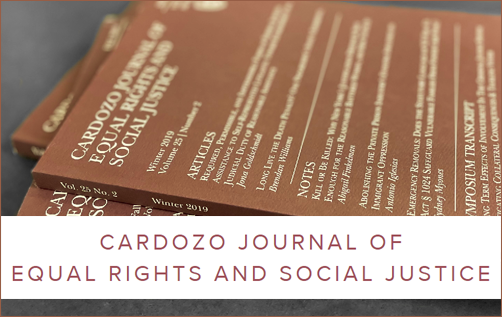Document Type
Blog Post
Publication Date
4-3-2023
Graduation Year
2024
Abstract
Last March 2022, Florida’s Governor Ron DeSantis passed and enacted the Parental Rights in Education Act, which then became known as the infamous “Don't Say Gay” bill. The bill bans instruction on sexual orientation and gender identity “before the 4th grade and requires such instruction to be ‘age-appropriate or developmentally appropriate.” The language of the bill itself is vague and broad and doesn’t provide clarity about the law’s compliance with non-discrimination and first amendment rights. Critics argue that the statute doesn’t define the meaning of “classroom instruction” or what constitutes “age-appropriate” or “developmentally appropriate” instruction, which leaves questions regarding the scope of the law. The “Don't Say Gay” bill was based on the idea that parents have the fundamental right to make decisions regarding when and how their children should be introduced to certain topics, specially LGBTQ+ rights and history. The law, by default, stigmatizes the identities of LQGBTQ+ students, teachers and administrators and encourages them to hide who they are out of fear of retaliation by intolerant parents. Furthermore, the “Don't Say Gay” bill inherently prevents teachers from educating children productively and introducing them to topics that are essential to their development.
This post was originally published on the Cardozo Journal of Equal Rights and Social Justice website on April 3, 2023. The original post can be accessed via the Archived Link button above.
Recommended Citation
Ortega-Romero, Isabel, "The Legal Implications of Anti-LGBTQ+ Curriculum Laws" (2023). Cardozo Journal of Equal Rights and Social Justice (ERSJ) Blog. 53.
https://larc.cardozo.yu.edu/ersj-blog/53



